Can Children Really be Measured?
By Contributing Writer, Yvonne Harink
Testing and Fixed Intelligence
For most people today education is almost synonymous with testing. Our education system is fascinated with measuring, comparing, and grading people. Any type of educational reform usually centers around raising the standards by increasing the testing.
I recently read a book by Ken Robinson called The Element: How Finding Your Passion Changes Everything that challenges this way of thinking. While the author sadly does not see man as being created in the image of God but rather speaks of him as a higher order animal, he does have some worthwhile insights that help us grapple with the issues we face in the educational establishment.
Ken Robinson’s writings and his famous speeches on U-tube give evidence that mankind is the greatest mystery on earth. We haven’t even begun to understand how a human works. Many educators today have come to take the idea for granted that people are born with a fixed intelligence. This idea has a long history, growing out of the Enlightenment’s emphasis that scientific ideas can be proven.
As the public education system evolved in the 19th and 20th century, it too was based on this newly developed idea about knowledge and intelligence. The question is: can we really measure people?
The Complexity of Humans
Alfred Binet was commissioned by the French Government in 1908 to design a test to help identify strengths and weaknesses in students to better teach them. This was the beginning of the IQ (Intelligence Quotient) Test, and originally it was never meant to determine degrees of mental worth. The Eugenics movement, however, eagerly sought to use the IQ results to weed out entire sectors of the population by arguing that intelligence is fixed, and it is inherited.
Ken Robinson exposes faulty reasoning in this kind of thinking and leaves us to stand in awe of the ability of a human being. Among other factors, he talks about our senses. We commonly talk about five senses that guide our actions. He points out that there are more. What about the sense of balance, the sense of temperature, the sense of pain, the sense of acceleration, and the kinesthetic sense?
Robinson also lists the multiple intelligences that we all possess. While IQ tests mostly measure verbal and mathematical reasoning, it leaves out feelings and emotion. Robinson lists at least eight intelligences including: spacial, social, interpersonal, intrapersonal, kinesthetic, musical, and natural intelligences.
By placing too much emphasis on the idea of intelligence, Robinson feels we are destroying creativity in our children. Creativity grows out of imagination, innovation, and risk taking. I’m thankful that thinkers like Ken Robinson are raising these important questions in the humanistic educational establishment.
The World’s Confusion is Our Opportunity
As Robinson says, we are living in times of revolution and incredible change. It’s time to face new challenges and come up with innovative solutions. We live in exciting times with amazing opportunities for Christians. Secular humanists are asking good questions but will not find answers. Take Ken Robinson. How can we find our element or our passion? How can we even define intelligence? Only Christians will have comprehensive answers to these questions.
Our world needs to hear that salvation grows out of our relationship with the Lord Jesus Christ. The only way we will understand the mystery of what it means to be a person is if we get to know the Person in whose image we were made. Only when we are plugged into the source of all power will we experience our true element, will we know freedom and self-actualization.
Finding our element is not always going to be about taking the easy road and doing what seems pleasant. Rather it will be about willingly denying our own will to do the will of our Heavenly Father. It is about suffering and bearing our cross to experience true joy. Let’s pray that as Christians we would be ready to come with answers that today’s humanists so desperately need to hear.
Tags: education









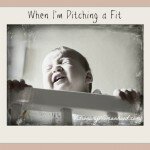

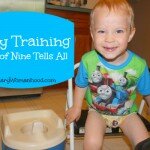

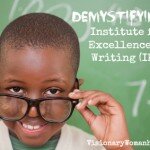
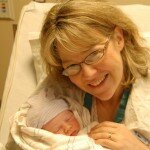

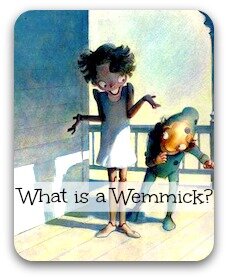

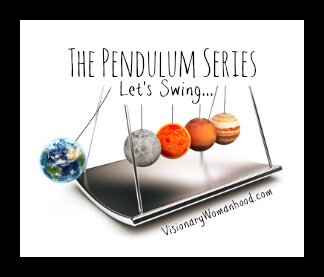

No, I don’t think children can really be measured, because we are all different and learn differently, and test differently, but the education system, and other systems, have used things like tests for centuries, because it seems to be the most efficient way of measuring what a student has learned. But some students, like one of my sons, freezes up during tests and doesn’t do well, although he knows the material sometimes better than the other students. But I suppose testing each student on a one-on-one basis would take too much time and, therefore, money, as you would have to pay people to take a long time doing it.